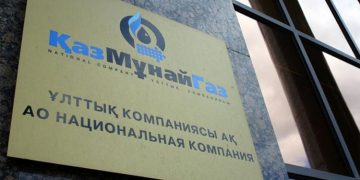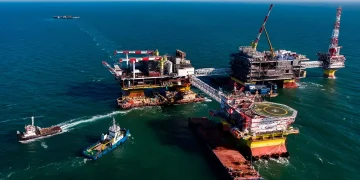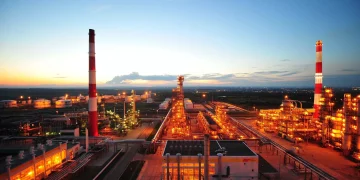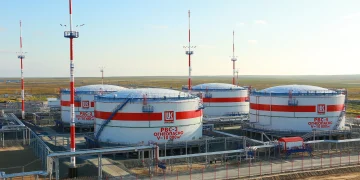Lukoil Looking to Turn into an International Energy Company
Russia’s oil giant Lukoil has great plans for the future, as it plans to change its status, turning from a West Siberia-focused oil producer into an international energy company with asset bases from South America to the Middle East to Southeast Asia.
The move is followed by the recent declaration of Lukoil President Vagit Alekperov at a press conference in London. The company celebrated 10 years since it listed on the London Stock Exchange. The President said that Lukoil is currently involved in key projects in Iraq, West Africa, Central Asia, as well as in the domestic market.
Lukoil, the privately owned company, has been looking for opportunities abroad as it believes that its growth on the domestic market is limited because state-controlled companies have exclusive access to strategic deposits, including offshore Arctic oil.
Among its key international projects, Lukoil, Russia’s second-largest crude producer is operating a mega-project to develop Iraq’s supergiant West Qurna-2, which adjoins West Qurna-1 in the south, in which the company holds a 75 percent stake. The remaining 25% in the field is controlled by Iraq’s state-owned North Oil Company, which has assessed resources of 12.8 billion barrels and is expected to start production in late 2013 or early 2014 at a rate of around 150,000 b/d.
Another major project in which Lukoil is involved represents a project in West Africa. Recently, the major has signed a new production sharing agreement with the government of Cote d’Ivoire for the CI-524 offshore block in the Gulf of Guinea. Lukoil is the operator of Blocks CI-101 and CI-401 off Cote d’Ivoire, and the Cape Three Points Deep Water off Ghana. An exploratory well at the CI-401 block has unveiled deposits of light oil and gas condensate in sandstone reservoirs.
Speaking about the firm’s foreign assets, Vagit Alekperov said Lukoil will invest at least $250 million in exploration in western Africa next year.
Moreover, Lukoil hopes to sign a production-sharing agreement for the Khvalynskoye project in the Caspian Sea with its Kazakh and French partners by the summer of 2013.
Lukoil hopes to boost its production next year by at least 1 percent and is on track to produce 91 million metric tons, slightly more than it produced last year.






